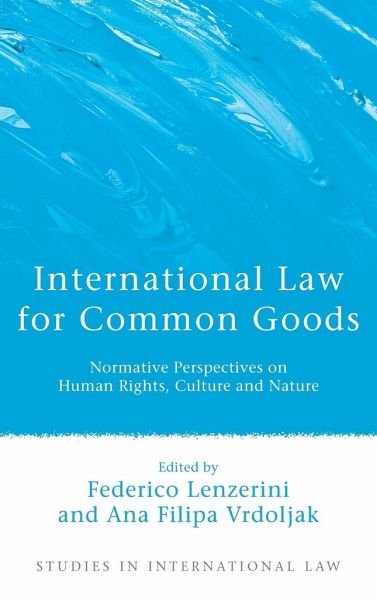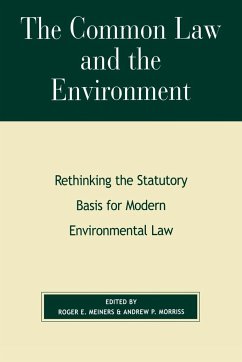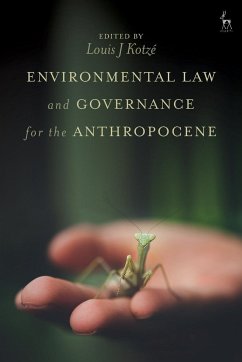
International Law for Common Goods,
Versandkostenfrei!
Versandfertig in 1-2 Wochen
158,99 €
inkl. MwSt.
Weitere Ausgaben:

PAYBACK Punkte
79 °P sammeln!
International law has long been dominated by the State. But it has become apparent that this bias is unrealistic and untenable in the contemporary world as the rise of the notion of common goods challenges this dominance. These common goods - typically values (like human rights, rule of law, etc) or common domains (the environment, cultural heritage, space, etc) - speak to an emergent international community beyond the society of States and the attendant rights and obligations of non-State actors. This book details how three key areas of international law - human rights, culture and the enviro...
International law has long been dominated by the State. But it has become apparent that this bias is unrealistic and untenable in the contemporary world as the rise of the notion of common goods challenges this dominance. These common goods - typically values (like human rights, rule of law, etc) or common domains (the environment, cultural heritage, space, etc) - speak to an emergent international community beyond the society of States and the attendant rights and obligations of non-State actors. This book details how three key areas of international law - human rights, culture and the environment - are pushing the boundaries in this field. Each category is of current and ongoing significance in legal and public discourse, as illustrated by the Syrian conflict (human rights and international humanitarian law), the destruction of mausoleums and manuscripts in Mali (cultural heritage), and the Deepwater Horizon oil spill (the environment). Each exemplifies the need to move beyond a State-focused idea of international law. This timely volume explores how the idea of common goods, in which rights and obligations extend to individuals, groups and the international community, offers one such avenue and reflects on its transformative impact on international law.














